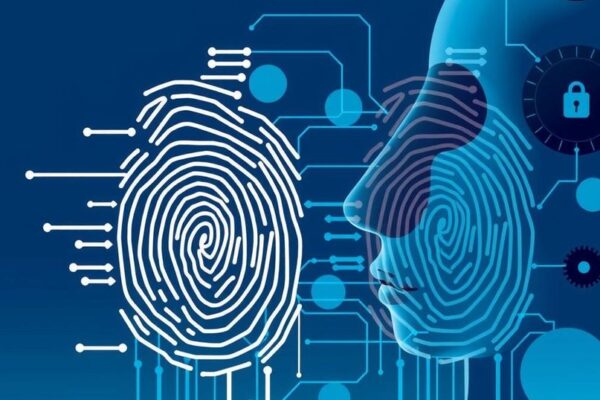
Jamf Acquires Identity Automation for $215 Million to Enhance IAM Solutions
Jamf is acquiring IAM company Identity Automation for $215 million, aiming to integrate identity and device management. Identity Automation specializes in dynamic IAM tailored for sectors experiencing role changes. The acquisition aims to enhance security solutions across multiple industries and streamline user management processes. Jamf, a platform enhancing management and security for Apple devices, is…









